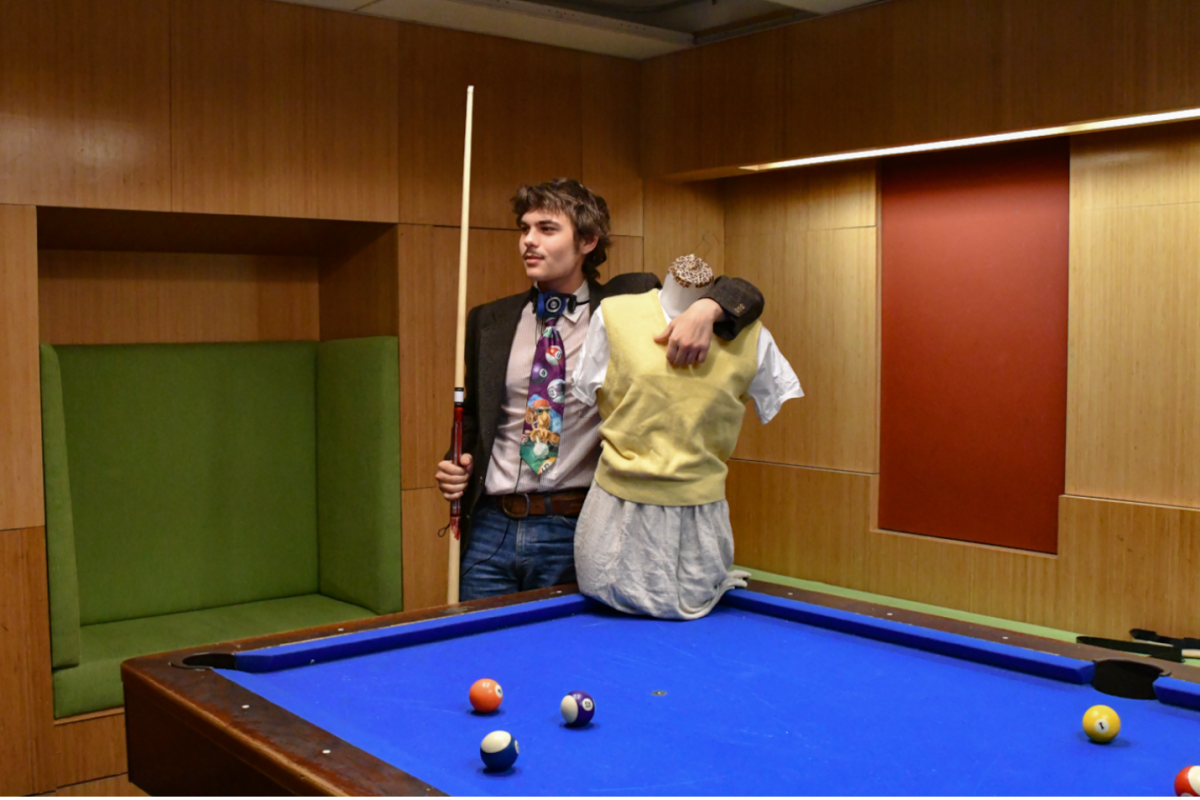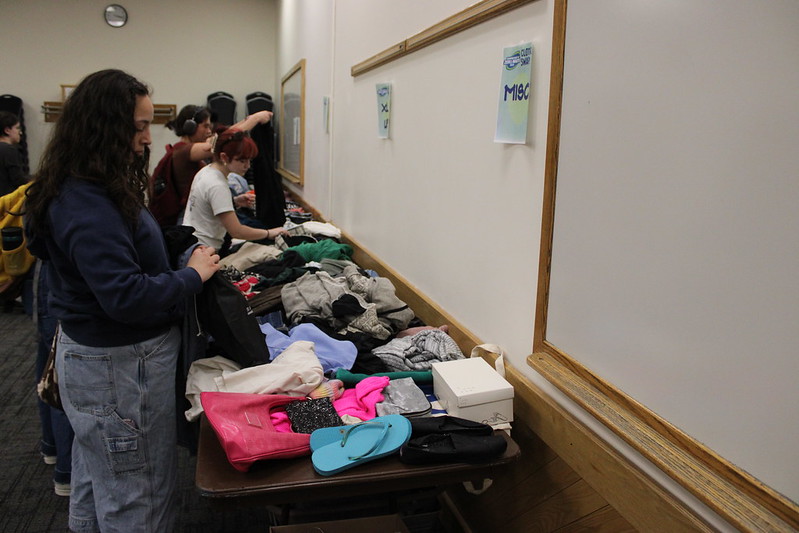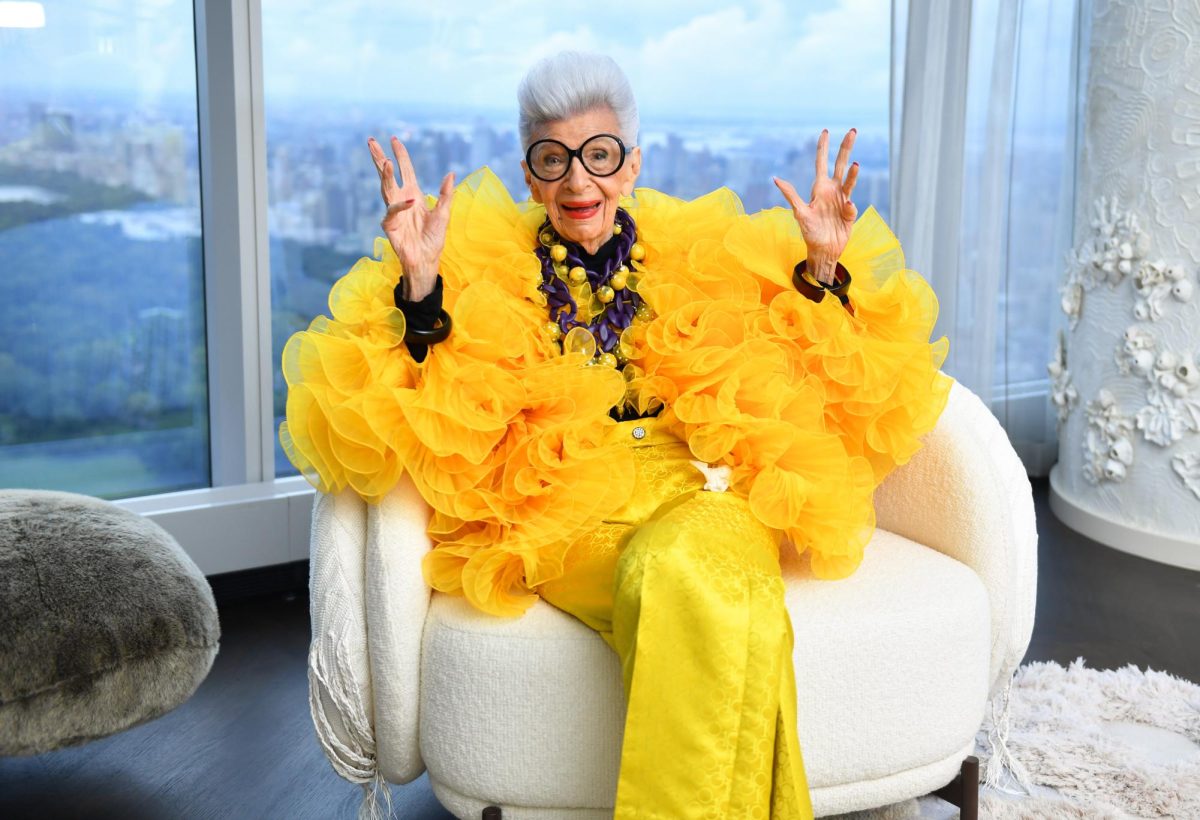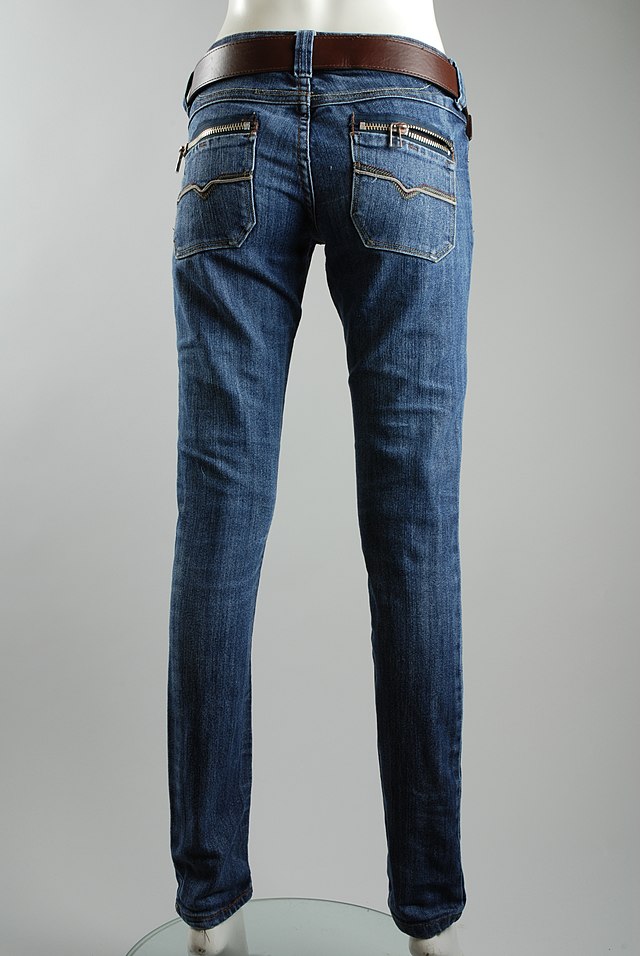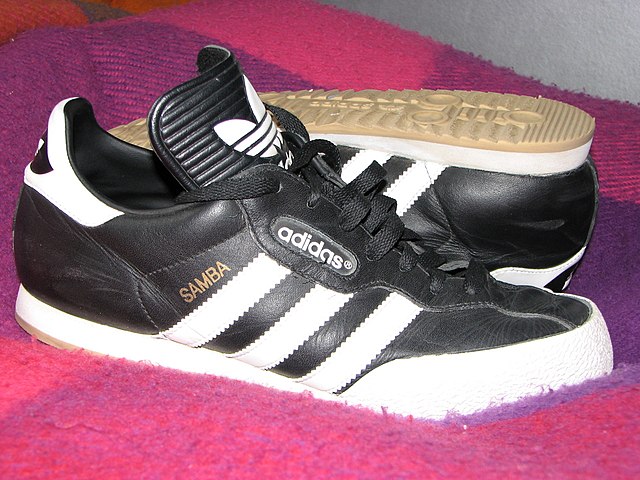Like many people, Sam Moellman developed a new hobby during quarantine: all things vintage. Currently he runs Undermarket Vintage, a business which has traveled with him from high school in Cambridge, Mass., to college at the University of Massachusetts.
Moellman, a freshman majoring in resource economics, transferred to UMass this semester and already has had multiple pop-up sales on campus. Outside of vending, Moellman is a music nerd and is training to be a DJ with WMUA, in hopes of starting his own radio show. He also is a personal collector of both vintage clothes and records.
Before he was Undermarket Vintage, Moellman co-owned a vending business called Jewish Man Vintage with his friend Ari. When the two of them ended up miles apart in college, Moellman decided to take a chance and start a new project — Undermarket Vintage was born.
It all started as a passion project when he and Ari built up their own community of vintage lovers via an online platform. Moellman describes it as “an offset of a bigger vintage community that was getting flooded with all of the hypebeast refugees that were swarming in and sort of muddying it up.” What started as a small server eventually grew to over 150 members, with users collaborating in creating guides on how to spot rare items.
It was through this server that Moellman got connected to the Boston vintage scene. He was able to talk one-on-one with others who were already vending, getting insider tips and connections from within the scene. Matt Karlin, a UMass alumni who vends at vintage markets in and around Cambridge, helped Moellman come onto the scene.
The title’s “undermarket” is a reference to the prices of the clothes he sells. In the Boston market, Moellman chooses pieces to fit two demographics: collectors and college students. Collectors are more likely to recognize the value of especially rare items, while college students are more eager to buy the trendier pieces. Moellman uses the metaphor of “college students [as] … your meat and potatoes and your collectors [as] your dessert.” Here on the UMass campus, Moellman is forced to skip dessert and find pieces which he can keep in the $15 to $25 range, while still prioritizing unique, high-quality vintage pieces.
Vending also requires the ability to curate racks. Moellman makes sure to include “pieces that really make [the racks] pop,” even if he knows these items are more niche and may take a bit longer to sell.
While Moellman mostly sticks to in-person sales — occasionally selling a piece on his Instagram story — he is very aware of the “Depopification” of the vintage market. Moellman is not threatened by these online sellers, but instead views them as a lesson. He does not “fully buy on trend” as he has witnessed fellow vendors “stocking up on Hard Rock Cafe tees that are now impossible to sell.”
The Depop site has attracted many people to the hobby, something Moellman is grateful for. Since he is currently selling primarily to college students, vintage collecting becoming more mainstream allows him to appeal to a greater audience, as well as connect with other aspiring sellers.
Moellman, however, is still wary of the way in which Depop contributes to microtrends and the speeding up of trend cycles. “Depop is very similar to how a lot of other sorts of larger fast fashion brands work with microtrends and micro seasons,” he said.
To avoid perpetuating these harmful trend cycles, Moellman is committed to focusing on ‘60s, ‘70s and ‘80s clothing, as he “truly believe[s] that a lot of that is timeless and a lot of it will cycle in and out,” meaning that a ‘70s sweater can be worn for years without ever being considered off-trend or outdated.
In addition to the aesthetic timelessness of vintage, a huge motivator for Undermarket Vintage is the sustainability of buying and wearing vintage. Vintage clothing is often a higher quality and buying vintage reduces the negative impacts of the fast fashion industry.
“All these pieces are 50, 60 years old and are holding up better than shirts and jackets that I’ve seen people get three months ago,” Moellman said. While some may avoid buying vintage clothing due to its price tag, it is still a bargain when the short lifespan of pieces from brands such as Shein and Forever 21 is taken into an account.
Currently, Moellman lives in the Northeast residential community but will move to Central next year. He is hoping to start bi-weekly markets in Central and predicts “there’s absolutely an appetite for vintage in Central.” Overall, Moellman hopes to pull more people into the hobby while also expanding his own clientele and size inclusivity, as he hopes next year’s business will allow for more size range.
As for this spring, Undermarket Vintage will be vending outside the Student Union on Wednesday, April 10 from 2 p.m. to 6 p.m. He will also be participating in the Student Farmers’ Market on April 26 and May 10 on Goodell Lawn from 12 p.m. to 4 p.m. More information about these sales as well as future events can be found on Sam’s Instagram, @Undermarketvintage.
“I’ve found such a beautiful, small, supportive community,” Moellman said. “It’s such a great, interactive way to meet people, and I’m very, very, very excited to keep this going and come back next year with even more momentum and more clothes than ever.”
Naomi Zwelling can be reached at [email protected]

